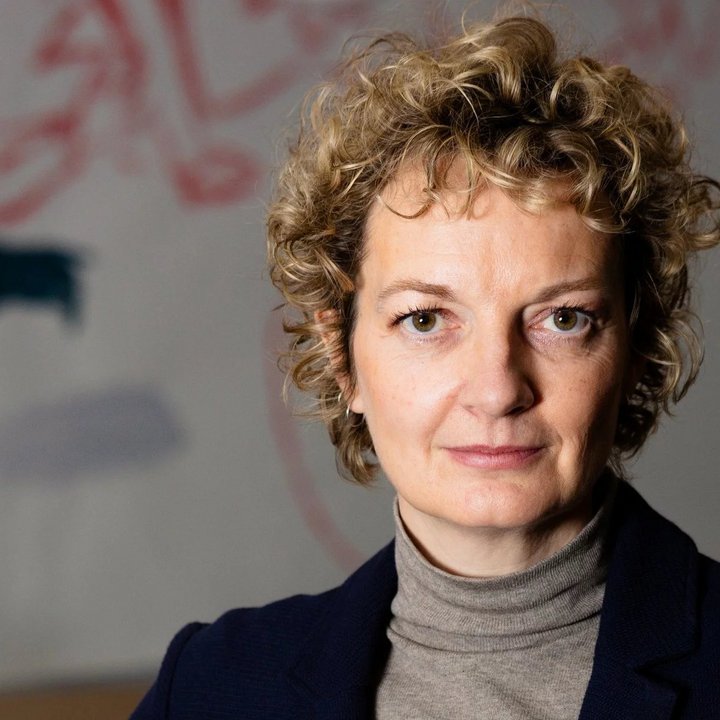
The past two years have brought both urgency and momentum to the global sustainability agenda. In 2024, our planet experienced, for the first time, a full year with average temperatures exceeding 1.5°C above pre-industrial levels. Scientific consensus warns that current efforts remain insufficient to halt human-induced global warming in the near future. The consequences are already becoming visible – here in Switzerland in form of more frequent and more intense extreme weather events, and a drastically accelerated glacier melting.
Taking a broader perspective, humanity has crossed six out of nine planetary boundaries, threatening the stable conditions that support human life and prosperity on Earth. Relatedly, the World Economic Forum’s Global Risk Report keeps highlighting sustainability-related risks as most pressing long-term challenges for the economy.
Yet, there is reason for hope. Many companies are advancing their sustainability efforts, even amid global political uncertainty. Scientific guidance is clear on the solutions needed – and as a business university, we have a vital role to play in translating these insights into corporate action and educating the leaders of tomorrow.
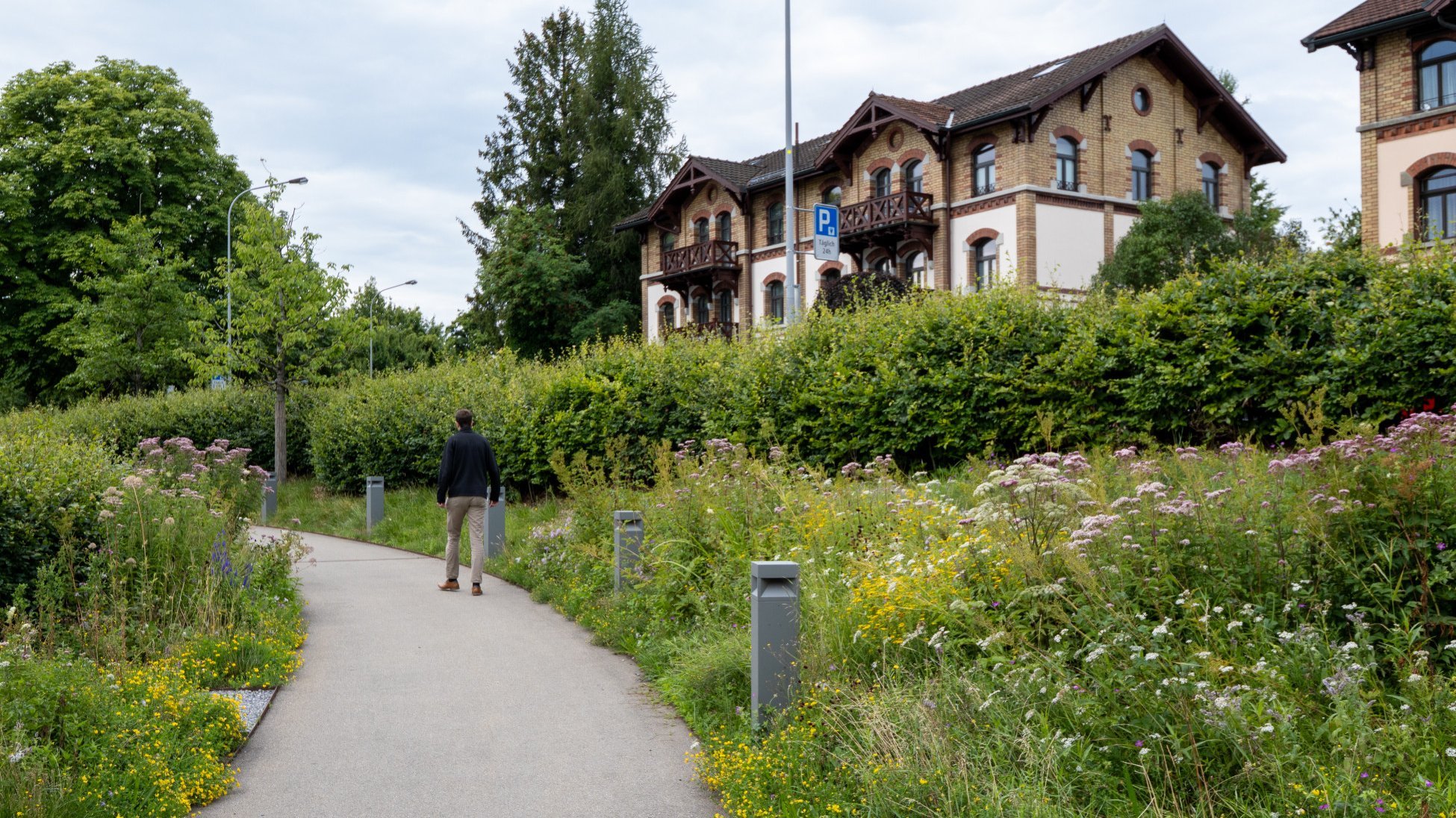
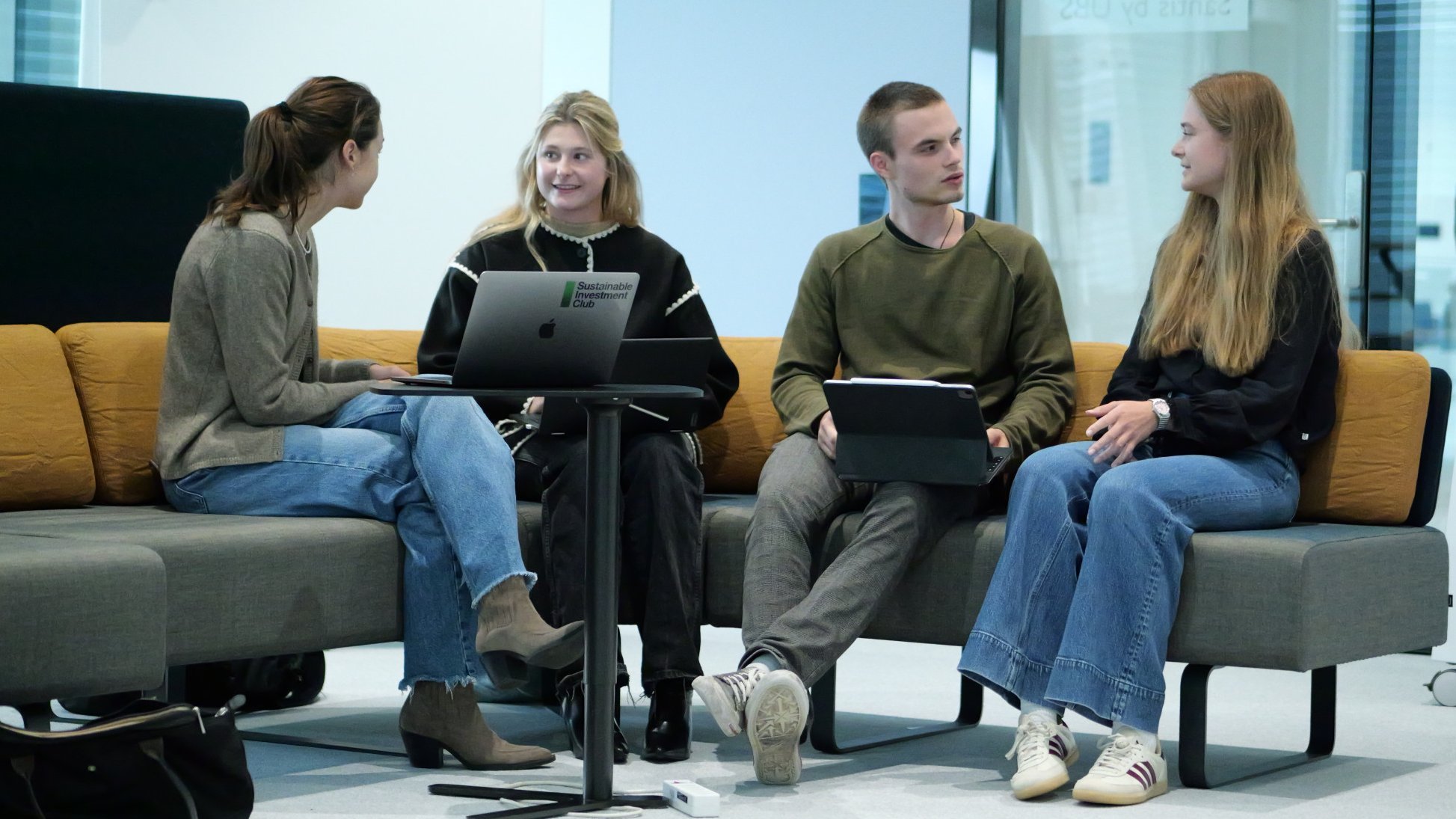
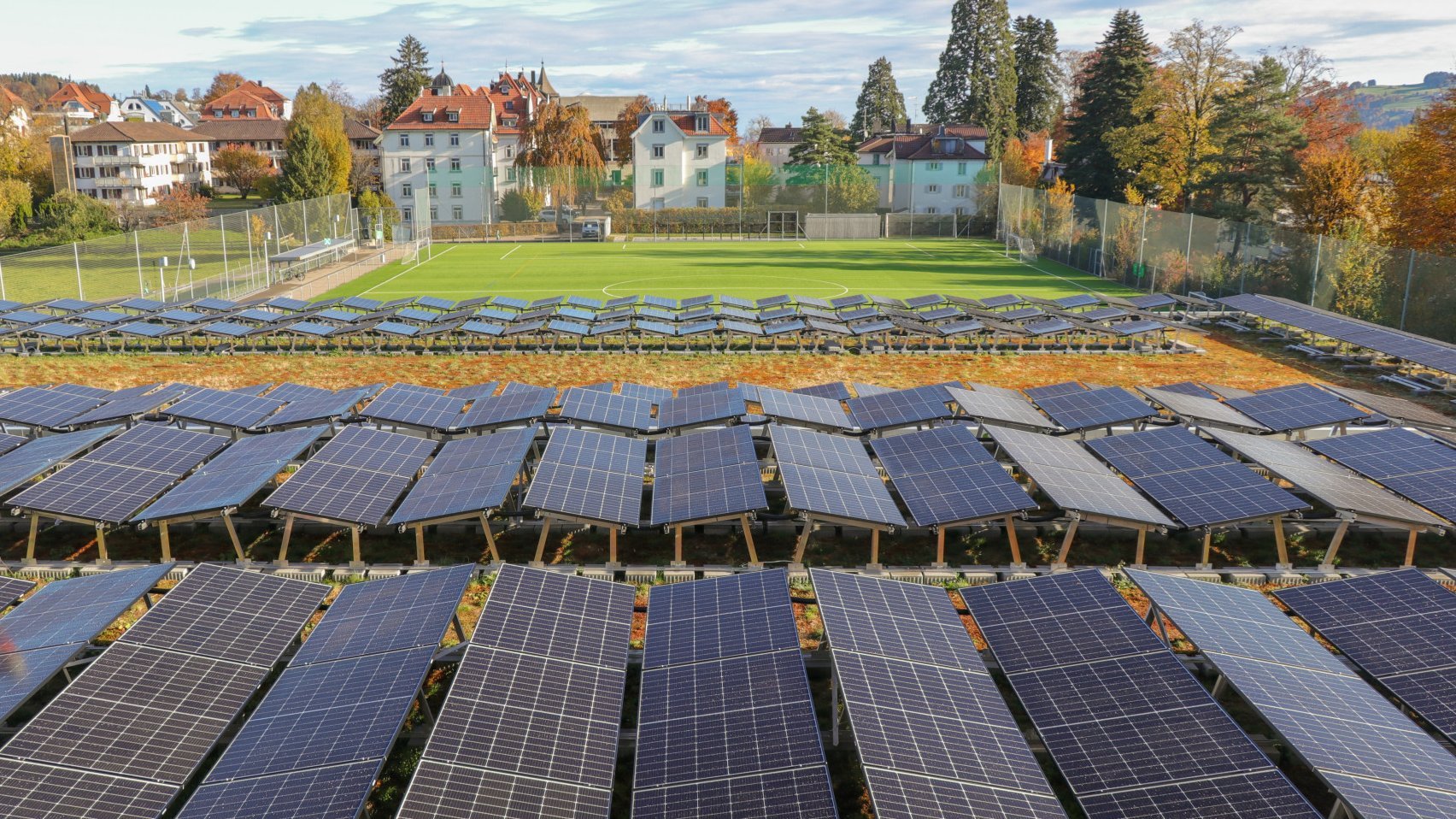
At HSG, the past two years have marked important strategic progress on sustainability and the President’s Board approved an updated sustainability strategy for 2025–2028. This strategy integrates environmental, social, and economic dimensions and sets three overarching goals:
To support this strategy, we have strengthened our governance structures. A new unit Sustainability Services, led by Dr Tabea Bereuther and embedded within the Vice President’s Board for Innovation and Quality, now coordinates strategy- and operations-related activities. In parallel, the Curriculum Development Sustainability unit, led by Dr Rachel Brooks, oversees all learning-related initiatives. This restructuring has already improved efficiency, streamlined responsibilities, and reinforced our commitment to integrating sustainability across all areas of university life.
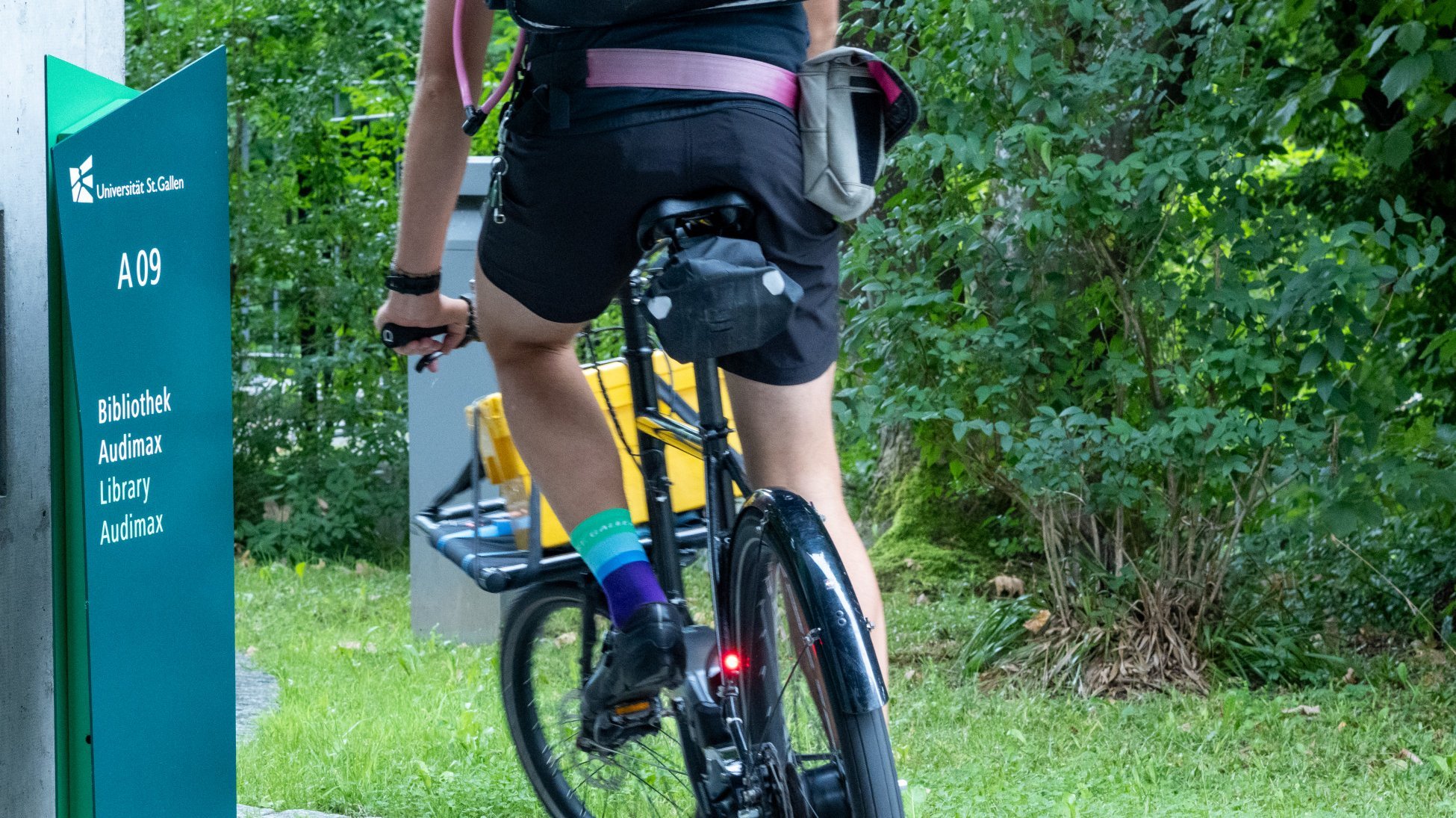

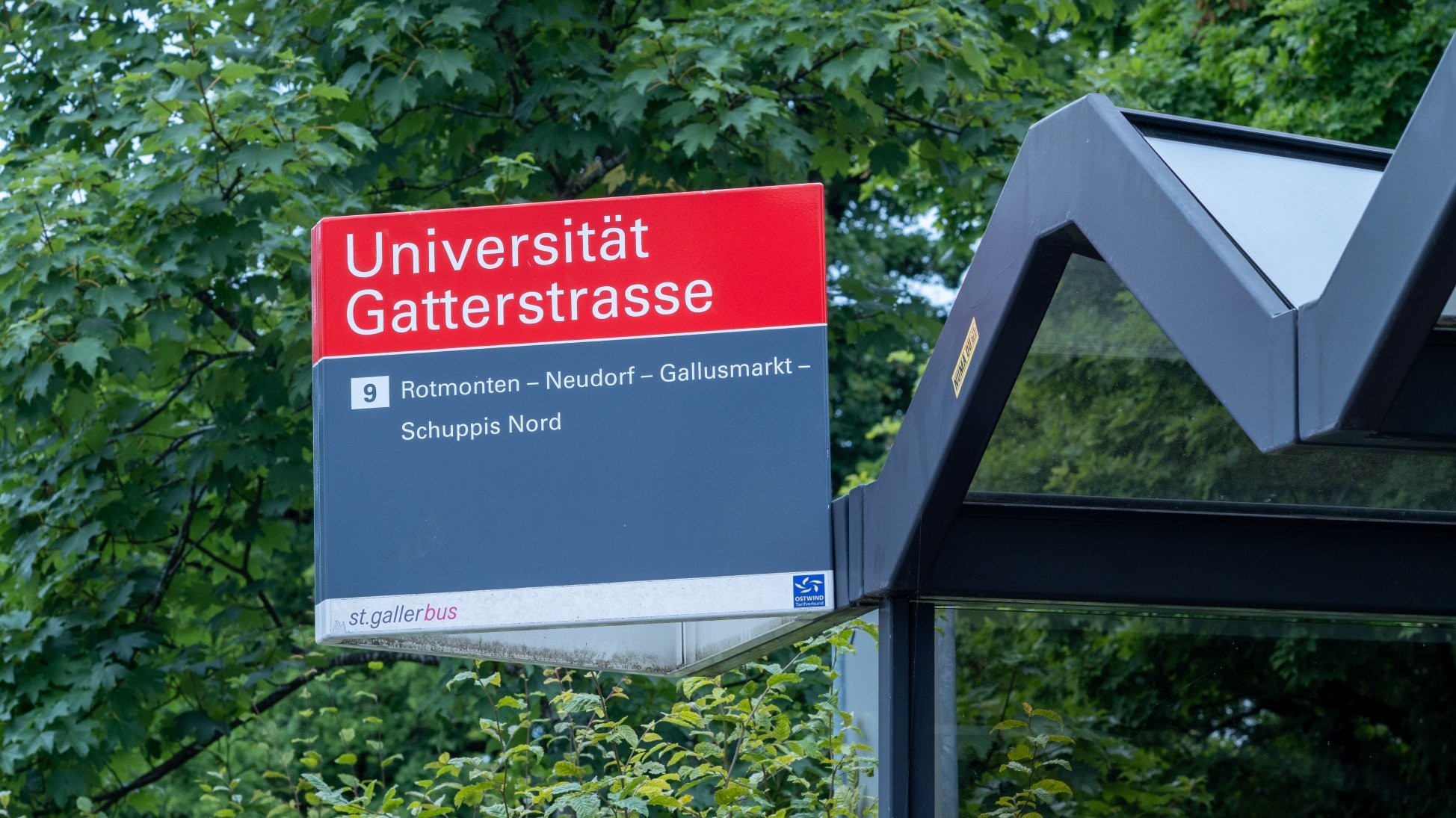
In teaching, we continue to expand our sustainability offerings. A key milestone was the launch of the Bachelor’s Certificate in Integrative Sustainability Management (SuM). In 2026, we will introduce a joint Master’s Certificate in Global Sustainability Management, co-developed with partners in the Engage.EU network. These programs complement existing initiatives, including the Master’s Certificate in Managing Climate Solutions (MaCS), where students once again delivered impactful projects to advance climate action on campus and in the St.Gallen region. Our vibrant student clubs and individual changemakers also continue to drive forward a wide range of sustainability initiatives.
On the research front, our faculty has produced a wealth of work at the intersection of sustainability, business, and society. The HSG Impact Awards showcase this diversity, while new high-profile projects – such as the Circular Lab, and the agriculture-focused Nostradamus, LandShift, and AfroGrow projects – reflect our growing research leadership.
Many research projects are rooted in mutually beneficial collaborations with partners from business and society. Furthermore, many entrepreneurial ventures emerge from the HSG ecosystem, offering tangible solutions for a better future. To further strengthen HSG’s societal engagement, the St.Gallen Transformation Lab was launched, a new initiative designed to foster regional innovation and sustainability through cross-sector collaboration. This reflects our belief that academic institutions must not only generate knowledge but also serve as catalysts for real-world change.
Finally, also our efforts to strengthen sustainability on campus have continued. In particular, we are specifying HSG’s climate roadmap, to comprehensively address greenhouse gas emissions reductions across all scopes. This roadmap can build on existing measures, often resulting from a collaboration of various actors from within and outside the university. A recent example is the installation of new solar panels on campus – a joint effort between MaCS students, the team HSG Buildings & Technology, and external partners.
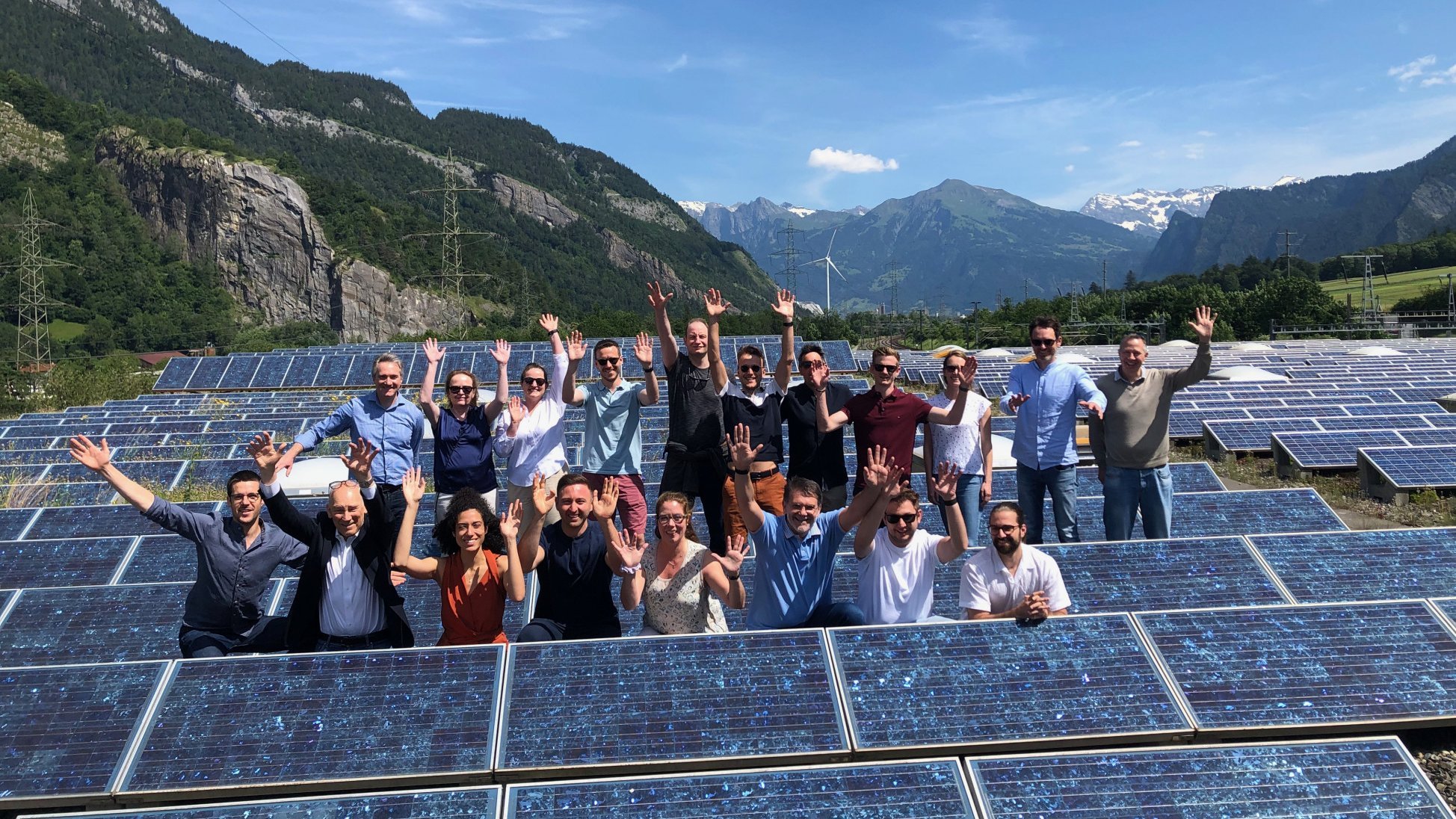
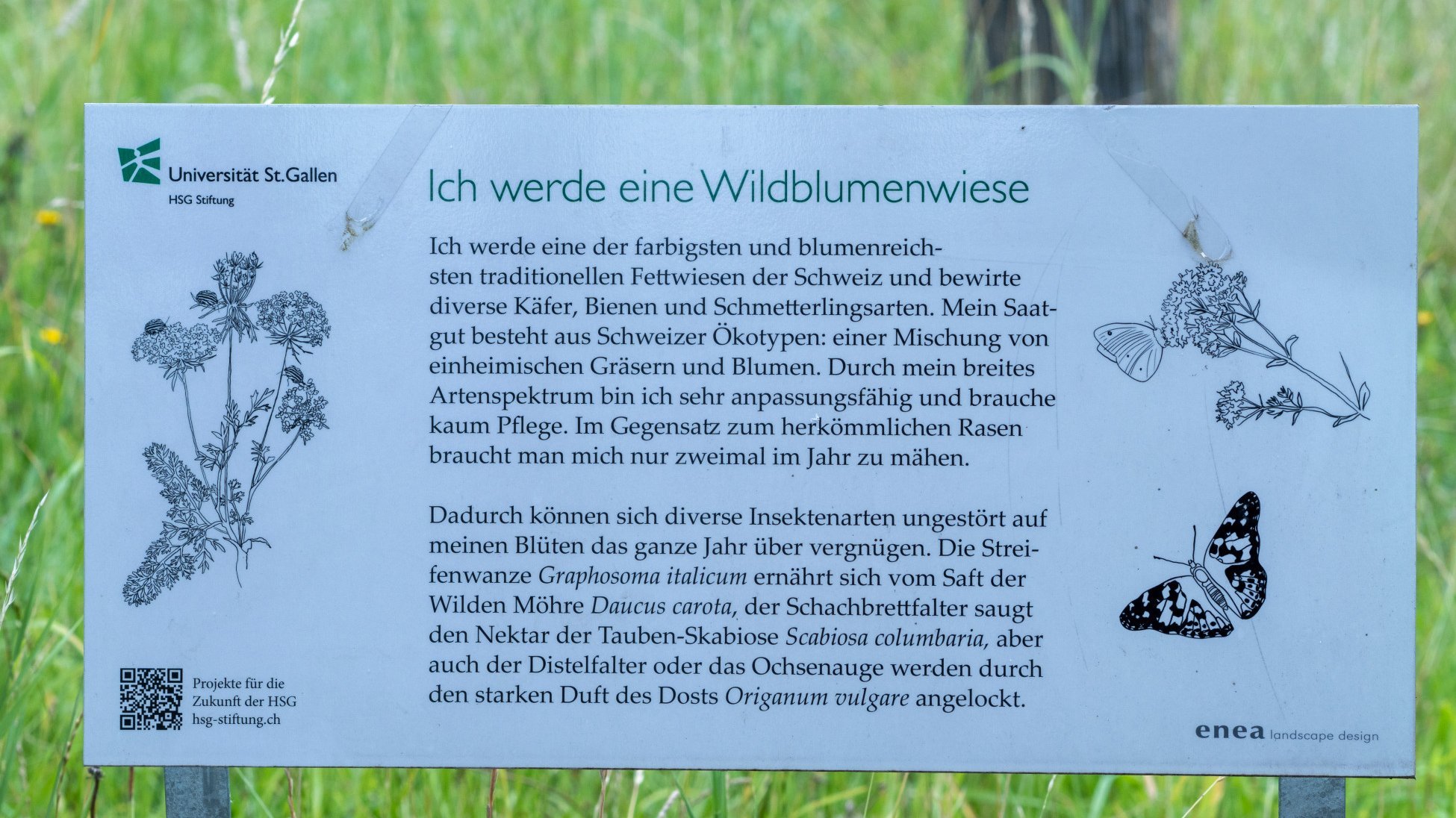
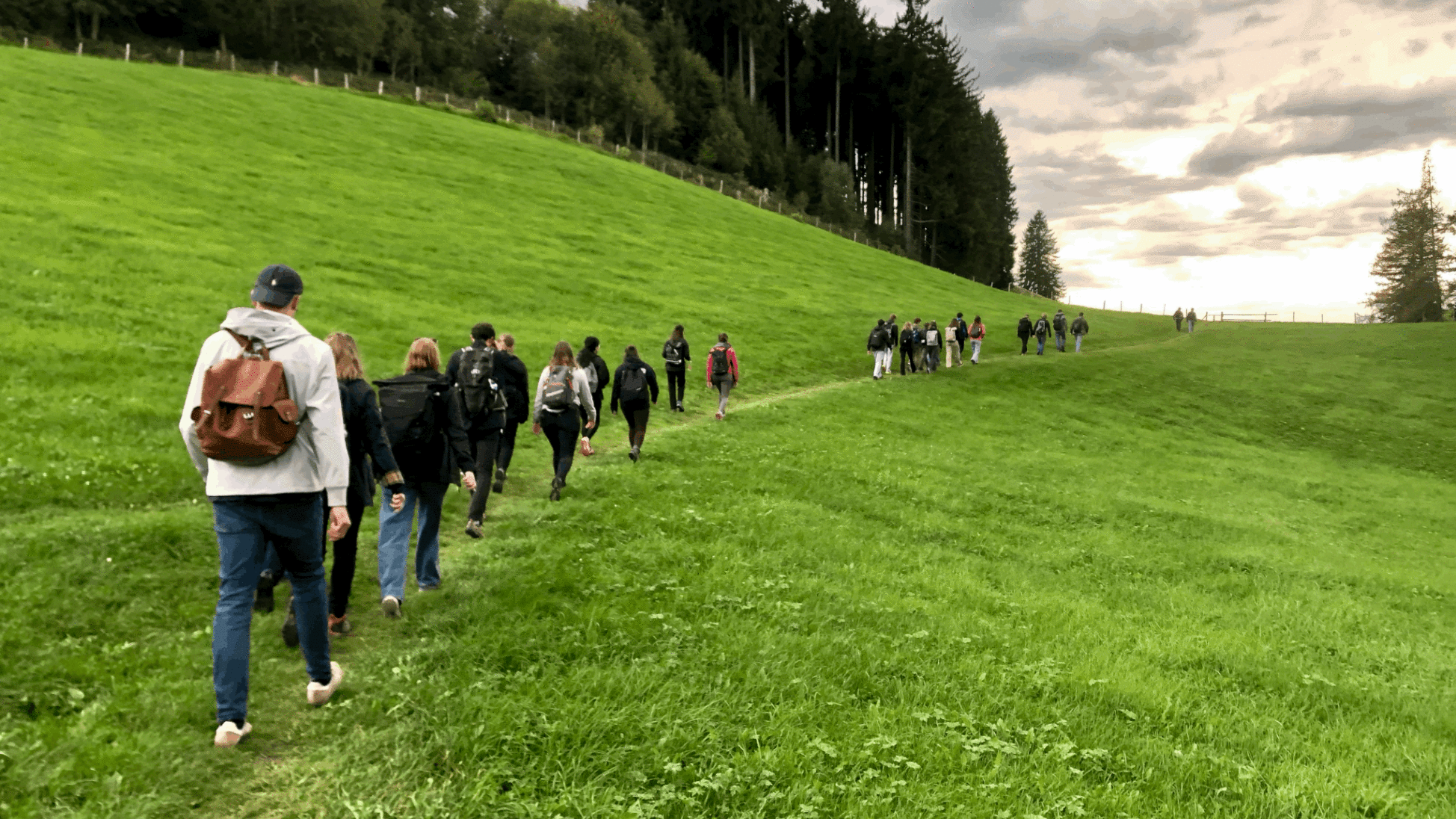
In sum, the past two years have brought significant achievements – and this report offers a window into the stories and progress behind them. At the same time, the state of our planet reminds us that much more remains to be done. At HSG, we remain committed to advancing innovative solutions across all dimensions of our strategy – thereby ensuring that business becomes part of the solution. None of this would be possible without the dedication of our internal and external partners, to whom I extend my heartfelt thanks. I look forward to continuing this important work together.
Prof Dr Judith L. Walls
Delegate for Responsibility & Sustainability, University of St.Gallen (HSG)